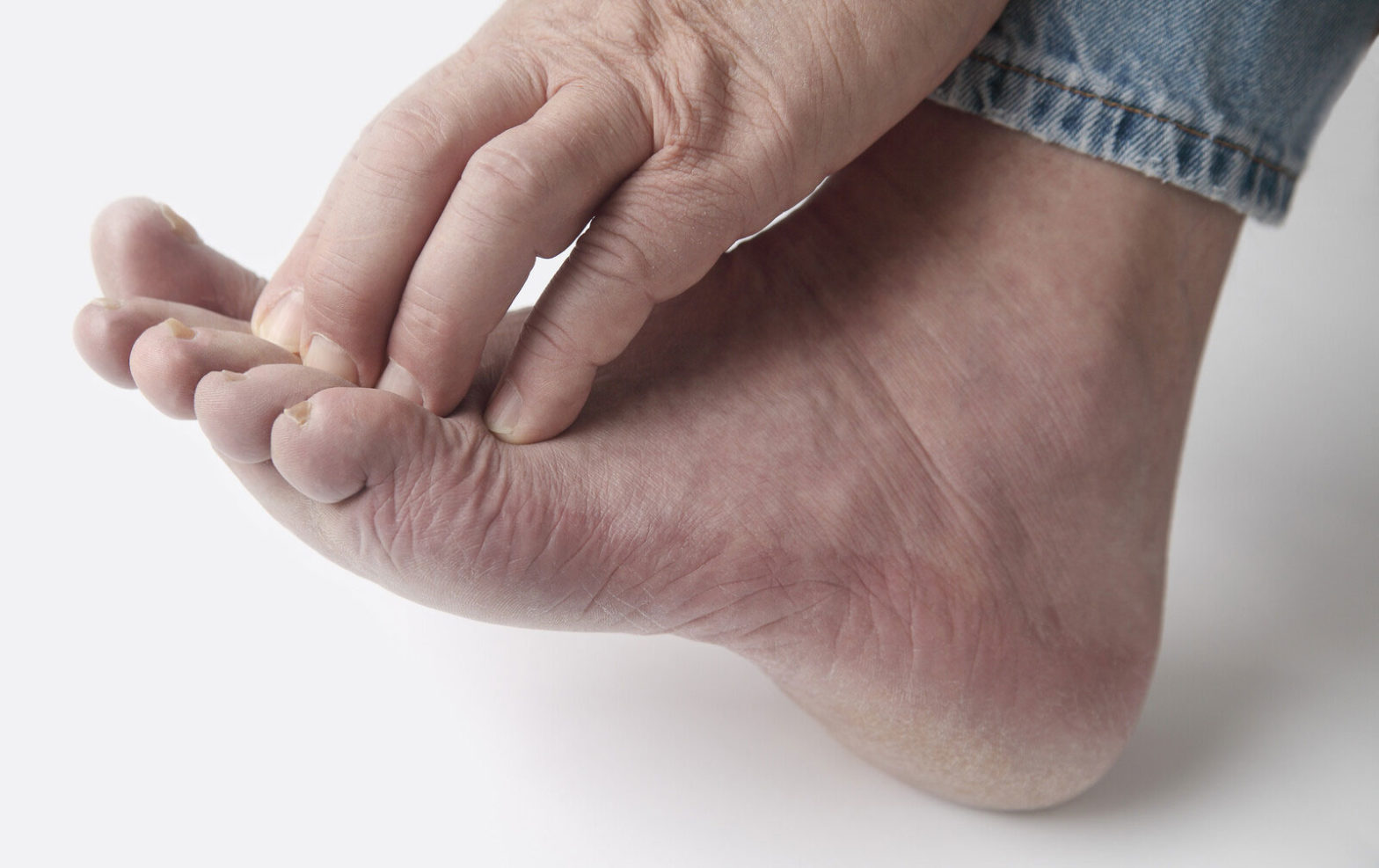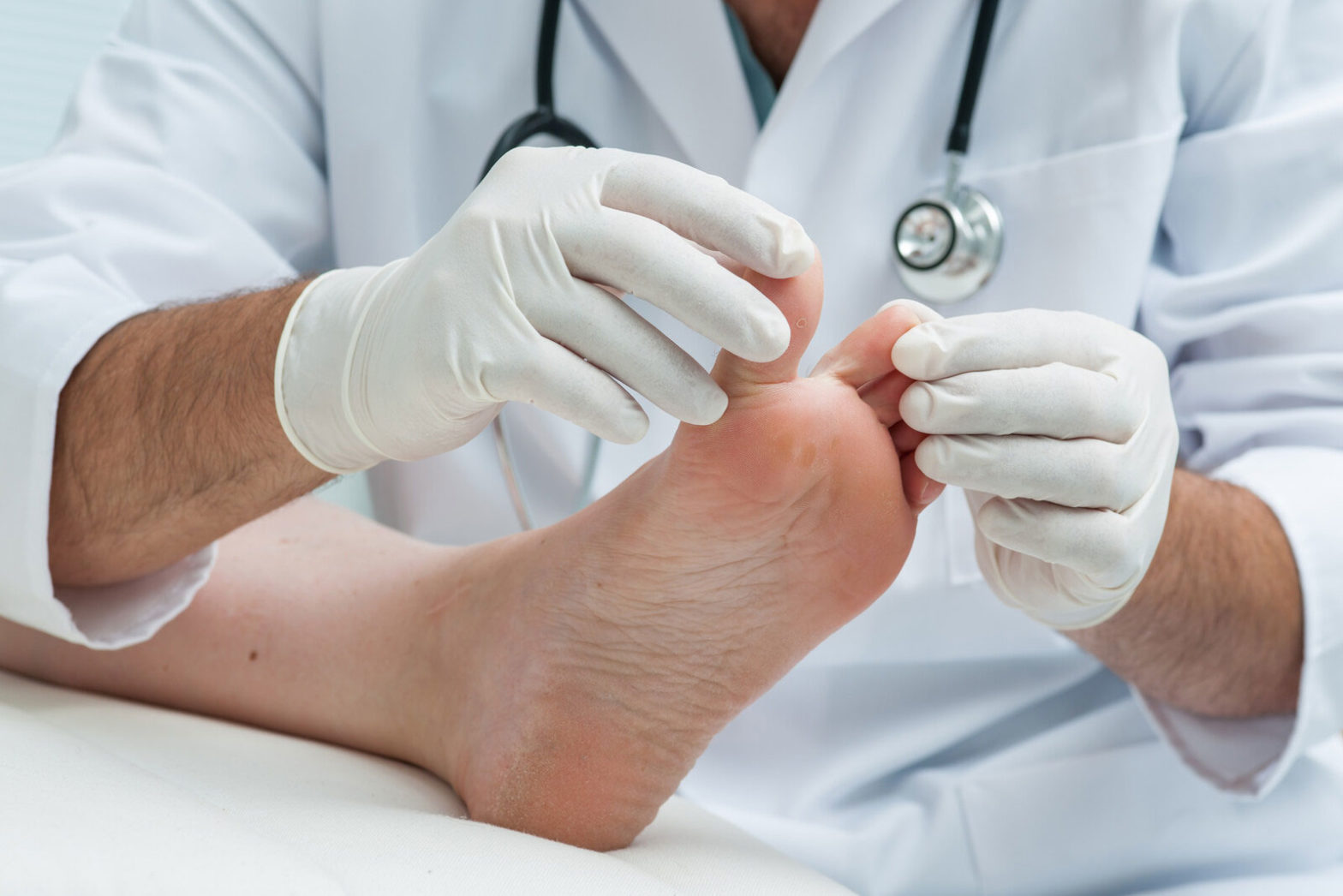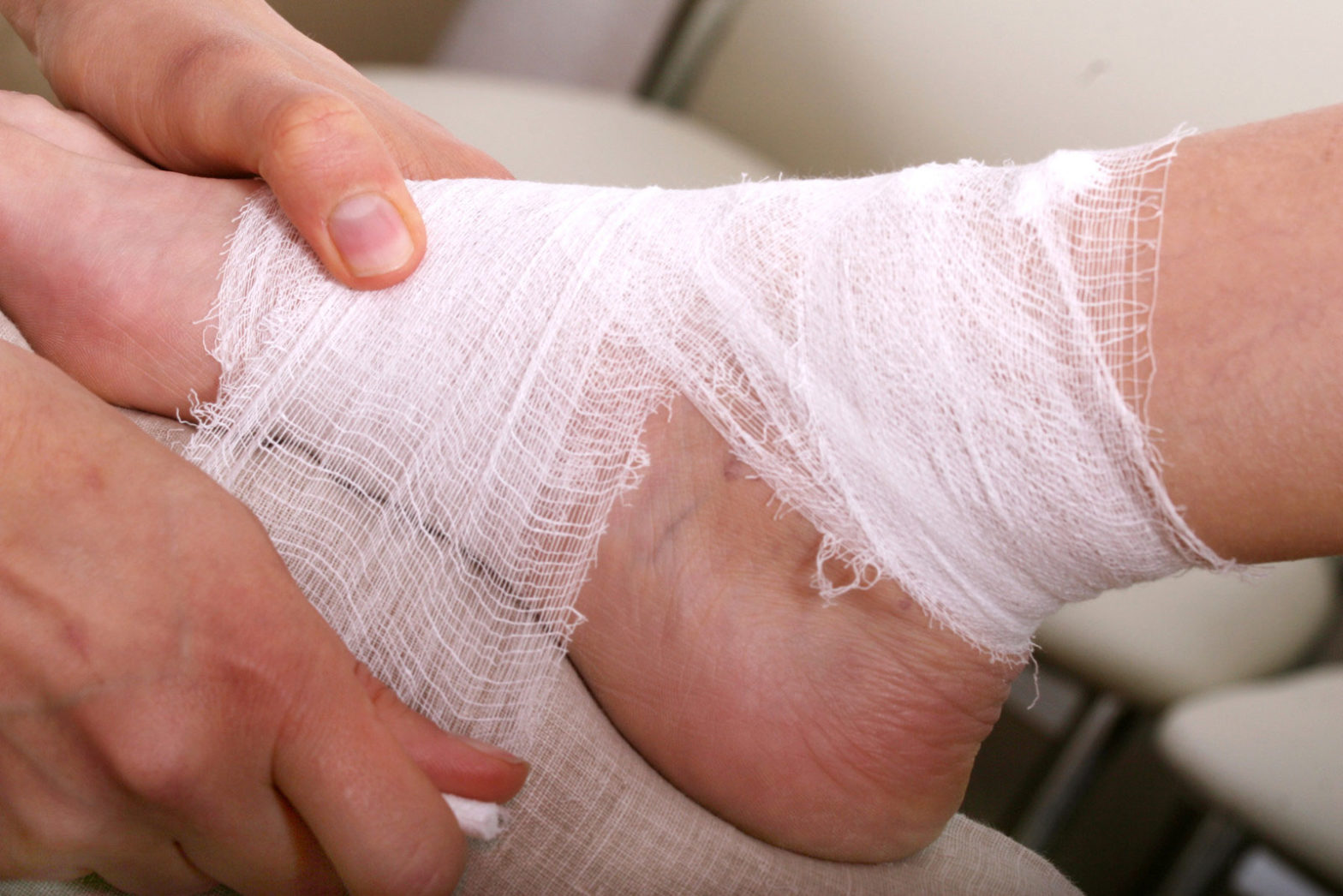In general, the term ‘neuropathy’ refers to nerve damage or anything that injures or impairs the nerves. Symptoms of neuropathy, which depend on which nerves are affected, include numbness, pain, and balance issues. Based on the type and location of the nerves affected, neuropathy is classified into four types: peripheral, cranial, autonomic and focal. Left …
Continue reading “Four Neuropathy Types and What Causes Them”




